Introduction:
The Piaget Program is a government-funded research initiative designed to study children's responses to traumatic incidents. The program is not legal and has been kept secret due to its methods of exposing children to traumatic imagery or testing their reactions to things that adults would find disturbing. This report will detail the results of the program's testing.
Methodology:
The program recruited FazInk Entertainment LLC to give us a sample of 100 children aged 6-12 years old from the restaurant they own. We were given hidden two-way mirrors to view the kids and undenounced to FazInk Entertainment LLC animatronic controllable movement. The children were exposed to a variety of traumatic stimuli via the animatronic mascots of the restaurant. The children's reactions were then recorded and analyzed.
Results:
The results of the program's testing were disturbing. The majority of children exposed to the traumatic stimuli exhibited symptoms of post-traumatic stress disorder, including nightmares, anxiety, and avoidance behavior. Additionally, the program's researchers observed that the children's cognitive development was negatively impacted, with many children experiencing delays in language and emotional development. The worst case incident was Incident-X1.
Test Log: Piaget Program
Date: June 21st, 2009
Participants: 10 children between the ages of 6 and 8
Objective: To study children's responses to traumatic incidents
Method: The children were exposed to a animatronic [DANIEL] malfunctioning behaviour and their reactions were recorded and analyzed.
Procedure:
The children were brought into a party room and seated in front of [DANIEL].
The animatronic played low moans and static as well as disturbing audios, additionally [DANIEL] would act maintenance protocols that added to the disturbing factor.
The children's reactions were recorded via a combination of video and audio recording equipment.
The data was analyzed and recorded in the test log.
Results:
All of the children exhibited some level of distress while the test was running with some becoming visibly upset and crying.
Many of the children reported feeling scared or disturbed by the imagery they viewed.
Some of the children had difficulty sleeping after the testing and reported nightmares.
Overall, the results indicate that children are highly susceptible to the effects of traumatic imagery and can be deeply affected by it.
Conclusion:
The Piaget Program has provided valuable insight into how children respond to traumatic incidents. Further research needed.

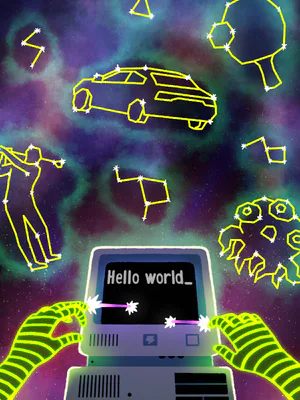





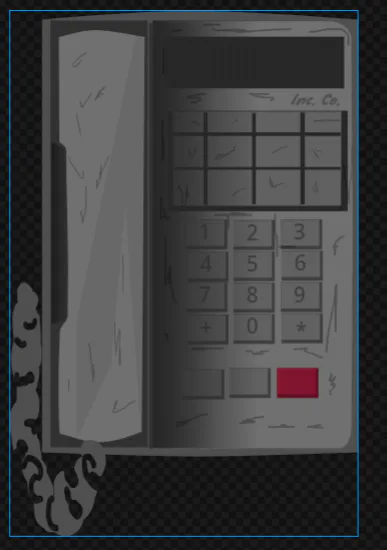


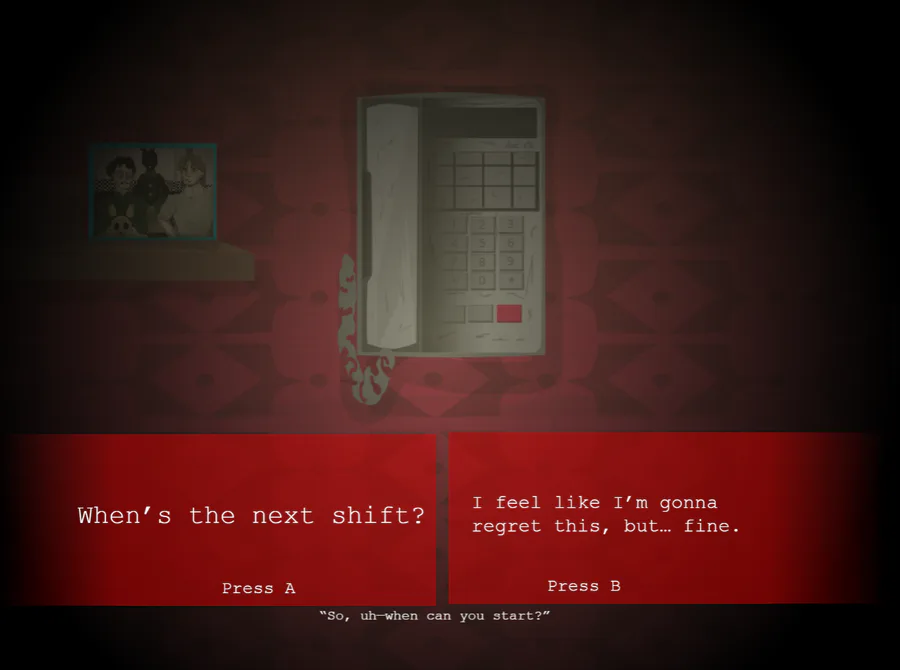


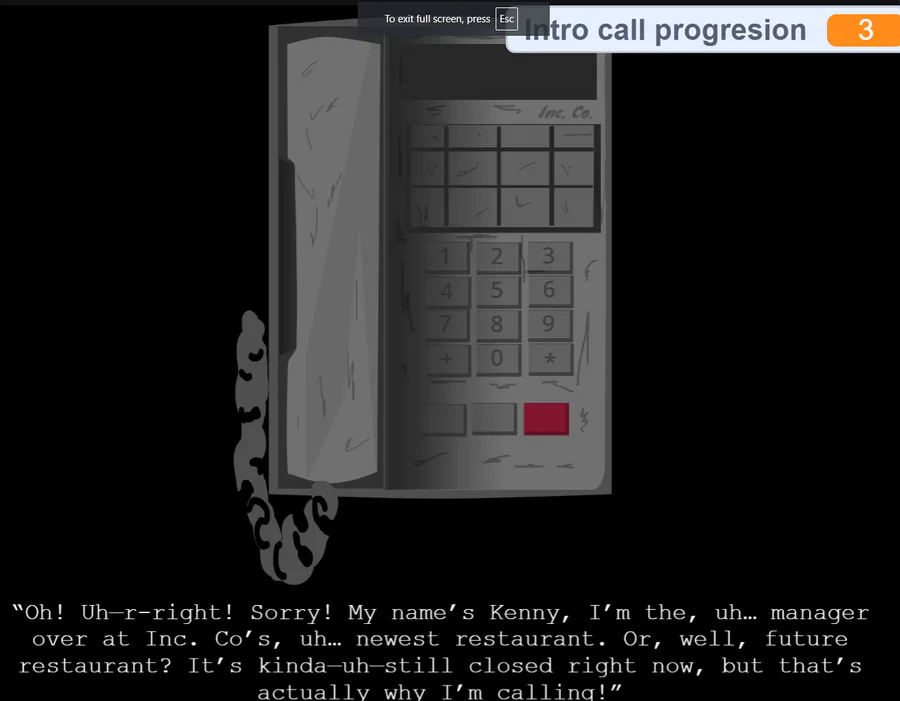
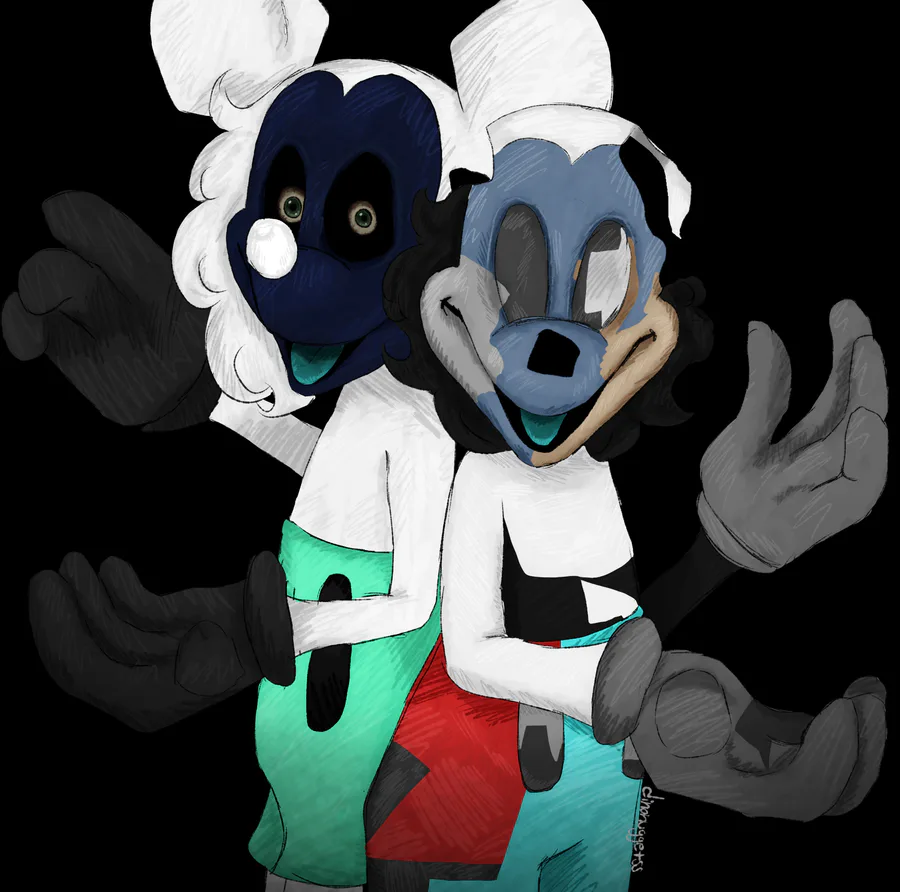

0 comments